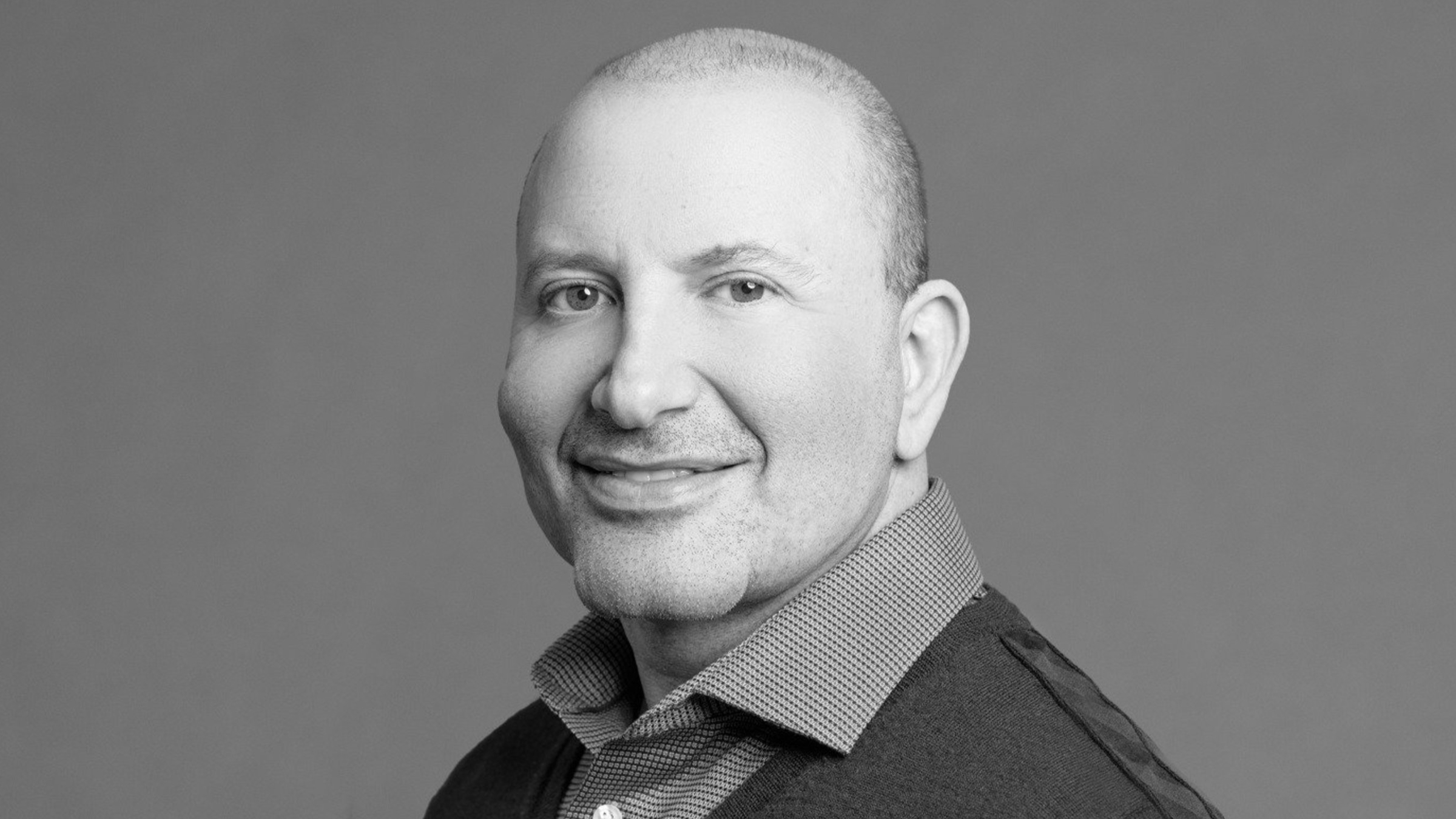
Howard Berman, Coya Therapeutics CEO
Tiny IPO closes out Nasdaq's barren biotech year
Nasdaq added one more biotech to its 2022 roster in the final days of the year, closing out a quiet chapter in its history with …
Sign up to read this article for free.
Get free access to a limited number of articles, plus choose newsletters to get straight to your inbox.